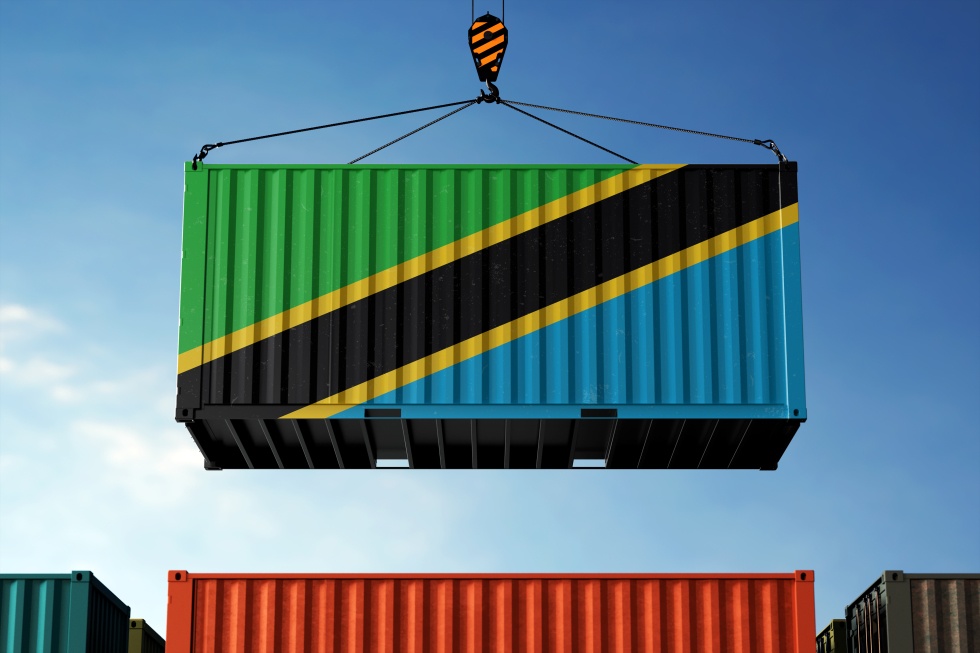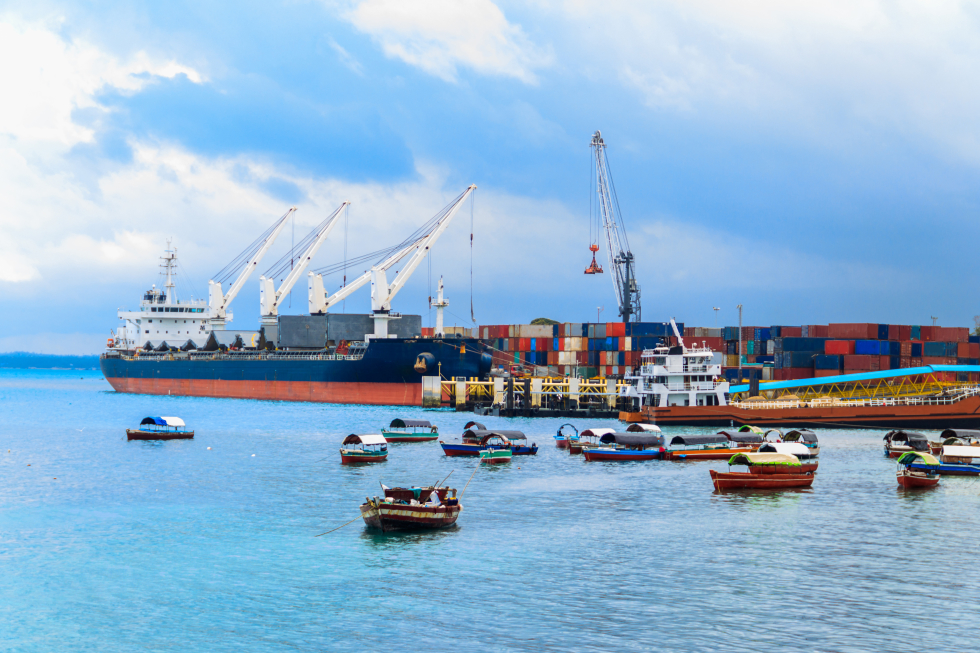Unlocking Tanzania's Import Secrets
Discover streamlined import procedures in Tanzania. Navigate customs with ease. Explore top imported goods and boost your business today.

Understanding the import procedures in Tanzania is critical for businesses seeking to engage in international trade. With the East African Community Customs Management Act (EACCMA) 2004 as the guiding framework, businesses must navigate through various stages and comply with regulatory requirements to ensure a smooth import process.
Overview of Import Procedures
Importing goods into Tanzania involves several stages, from appointing a Clearing and Forwarding Agent (CFA) to obtaining the necessary documentation and clearing the goods through customs. Here's a detailed look at each stage:
Appointing a Clearing and Forwarding Agent
Importers are required to appoint a Licensed Clearing and Forwarding Agent (CFA) to facilitate the clearance of goods. These agents, licensed by the Commissioner of Customs & Excise Department, handle document processing and customs clearance on behalf of importers.
Documentation and Declaration
Lodging of import documents, including the Import Declaration Form (IDF) obtained from bankers, must be done at least 7 days before the vessel's arrival. Documents such as final invoices, import permits from relevant authorities and transportation documents are essential for the clearance process.
Pre-Arrival Declaration
The Pre-Arrival Declaration (PAD) option allows importers to initiate clearance procedures before the arrival of the goods, thereby reducing the clearance time upon arrival. PAD processing time varies, with complete documentation ensuring expedited processing within 48 hours.
Clearance Process
Upon submission of the Tanzania Customs Declaration (TANSAD) and payment of duties, goods are cleared within 24 hours. Green-labeled goods are released immediately, while those selected for verification are examined either at the Customs Service Center (CSC) or at the port of entry.

Compliance and Regulatory Considerations
Ensuring tax compliance and adherence to regulatory standards are paramount when importing. Tanzania's participation in bilateral and multilateral agreements, such as the East African Community (EAC), influences import treatment and trade facilitation measures.
Duties and Taxes
Imported goods are subject to customs and excise duties, with exemptions based on trade agreements and investment incentives. The Common External Tariff of the East African Customs Union applies to non-EAC imports, with VAT and specific duty rates set accordingly.
Non-tariff Barriers
Tanzania's trade reforms have eliminated most import and export licenses, except for sensitive goods. However, challenges remain, including delays in clearance and additional fees, particularly at customs and port authorities.
Importance of Import Trade in Tanzania
Import trade plays an important role in Tanzania's economy, facilitating access to essential goods, raw materials, and machinery for various industries. Here are some key facts about Tanzania's import trade:
- Trade volume: Tanzania's total imports have increased steadily over the years, reflecting growing demand for goods and services. According to recent data from the Tanzania Revenue Authority (TRA), total imports reached $10,873 million in 2021.
- Major imported commodities: Tanzania's major imported commodities include machinery and equipment, petroleum products, vehicles, electrical machinery, and pharmaceuticals. These imports serve various sectors such as manufacturing, construction, energy, and healthcare.
- Trading Partners: Tanzania's major import trading partners include China, India, the United Arab Emirates, South Africa, and the European Union. These countries supply various products to meet Tanzania's domestic needs and support its economic activities.
Top Imported Commodities in Tanzania
Tanzania's import landscape encompasses a wide range of commodities, catering to various industries and consumer needs. Some of the most important imported goods include
- Machinery and equipment account for approximately 20-25% of Tanzania's total import value. Import figures show steady growth in the importation of industrial machinery, agricultural equipment, and construction machinery.
- Petroleum products account for a significant share of Tanzania's total import expenditure, with consistent year-on-year import volumes. Import statistics highlight the country's dependence on imported crude oil, refined petroleum products, and liquefied petroleum gas (LPG).
- Vehicle imports account for a significant portion of Tanzania's total import volume, with increasing demand for passenger cars and commercial fleets. Import statistics show diverse vehicle imports, including new and used vehicles sourced from international markets.
- Electrical machinery imports account for a significant share of Tanzania's total import value, reflecting robust demand for electronics and electrical appliances. Import data show a steady increase in imports of mobile phones, computers, electrical components, and household appliances.
- Pharmaceutical imports contribute significantly to Tanzania's total import expenditure, reflecting continued investment in health infrastructure and medical services. Import statistics highlight the importation of a wide range of pharmaceutical products, including prescription drugs, over-the-counter drugs, and medical supplies.
Navigating Import Procedures in Tanzania
Understanding import procedures in Tanzania is essential for businesses to ensure seamless transactions and compliance with regulatory requirements. While challenges exist, following established protocols and utilizing online clearance systems streamline the import process, facilitating trade and promoting economic growth.
By adopting compliance measures and leveraging trade agreements, importers can navigate Tanzania's import landscape with confidence, contributing to sustainable business growth and fostering international partnerships.
Explore import trade opportunities on the Export Portal, your gateway to global markets. Streamline your import processes, connect with trusted partners, and expand your business reach. Join Export Portal today and unlock new opportunities in international trade.






Comments 0